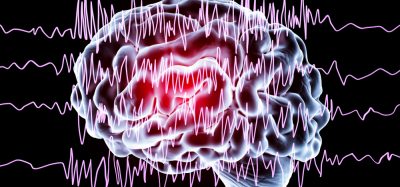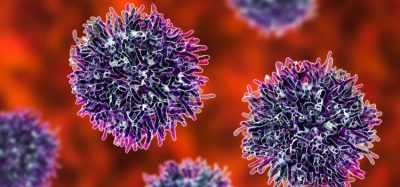Expert view: High-content screening of complex physiologically-relevant cell models
Posted: 10 June 2019 | Andy Bashford PhD (European Imaging Application Scientist at Molecular Devices) | No comments yet
High-content screening (HCS) approaches have become increasingly common in drug discovery with HCS technologies integrated across the drug discovery pipeline. Here we discuss recent developments in this arena.
Recent years have seen an increasing demand for drug discovery and development processes to use more predictive, higher complexity, physiologically-relevant three-dimensional (3D) cell models which better mimic in vivo environments than simpler two-dimensional (2D) models. By reproducing important parameters of the in vivo environment, 3D models can enable improved assessment of drug toxicity and target validation. Such 3D cellular models may include spheroids, organoids or induced pluripotent stem cell (iPSC)-derived cell models. Another important and expanding field for 3D cell culture-based models is that of ‘organ-on-a-chip’, whereby living human cells are assembled onto microchips using microfluidic technologies. This technology has the potential to revolutionise drug development, disease modelling and personalised medicine. These microchips offer an alternative to traditional animal testing and can potentially offer a quicker path to clinical trials.







